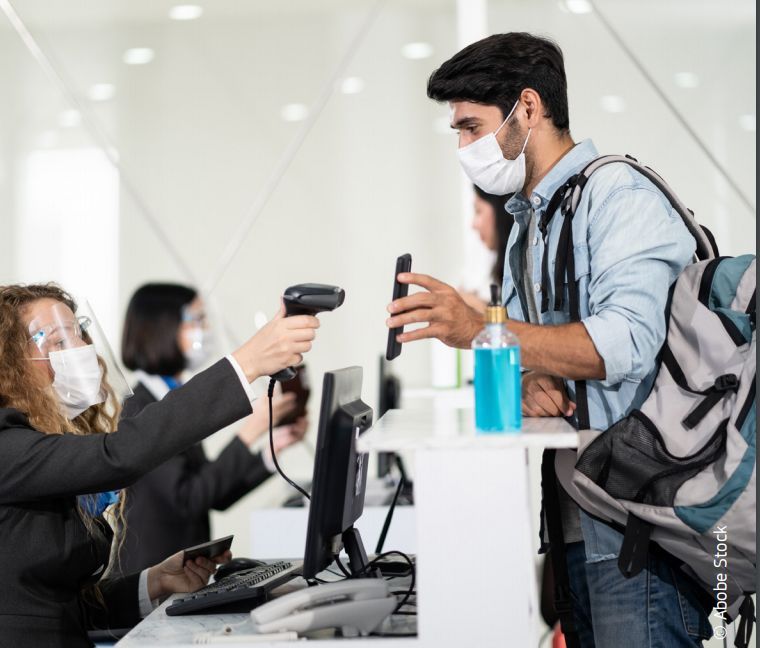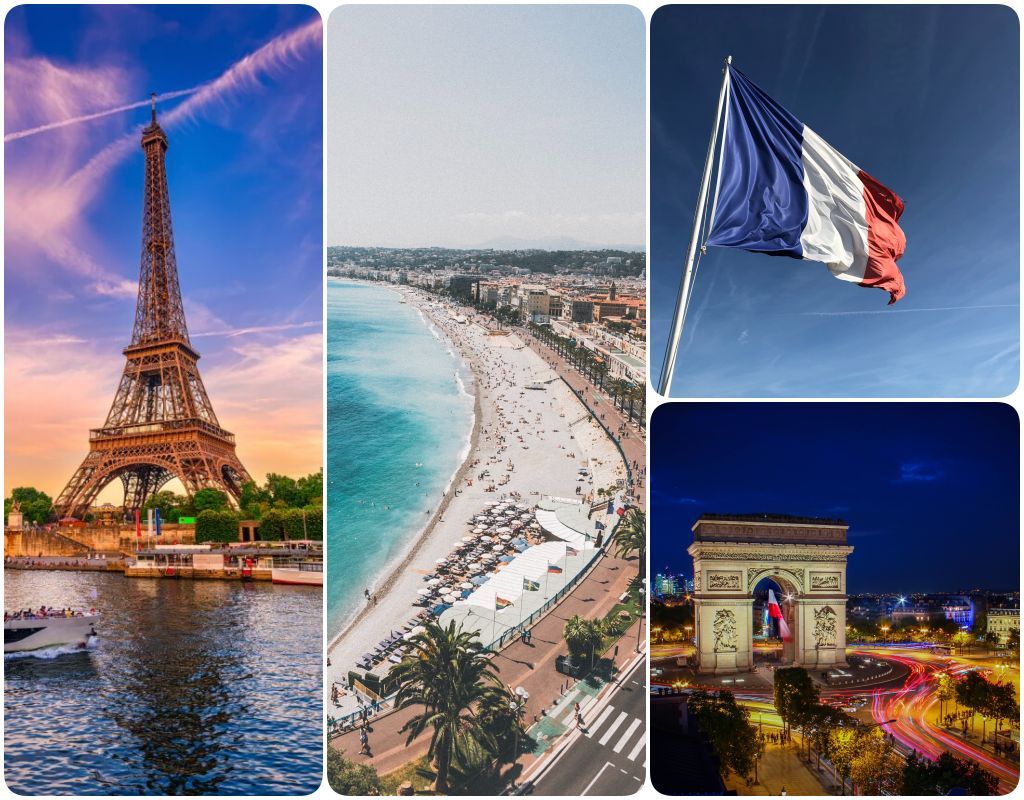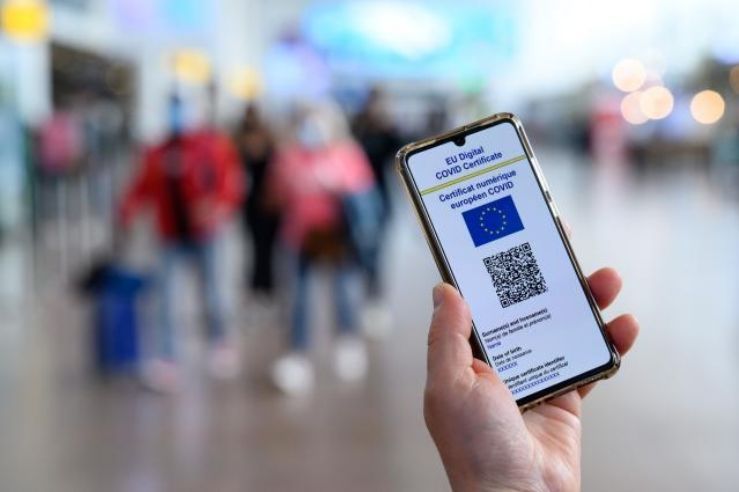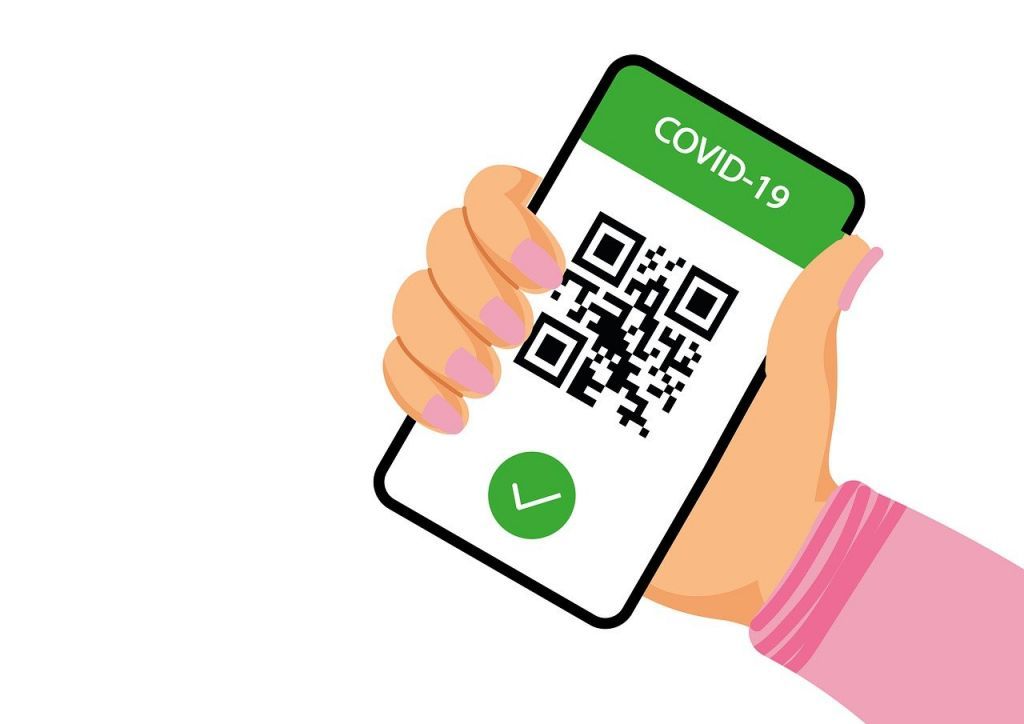The European Commission on Friday announced a provisional political agreement between the European Parliament and the Council on the Regulation governing the EU Digital COVID Certificate.
This means that the certificate (previously called the Digital Green Certificate) is well on track to be ready end of June, as planned.
The negotiations on the certificate for the Commission have been led by Commissioner Didier Reynders in close cooperation with Vice-Presidents Vera Jourová and Margaritis Schinas and Commissioners Thierry Breton, Stella Kyriakides, and Ylva Johansson.
Welcoming this swift progress, President Ursula von der Leyen said: “We are delivering on our commitment to have the EU Digital COVID Certificate up and running before the summer. European citizens are looking forward to travelling again, and the agreement means they will be able to do so safely very soon. Work still remains. At EU level, the system will be ready in the next few days. It is now crucial that all Member States press ahead with the roll-out of their national systems to ensure that the system can be up and running as soon as possible. This is what EU citizens rightly expect.”
Following the agreement, the EU Digital COVID Certificate will cover COVID-19 vaccination, test or recovery and be available in a digital and paper-based format. It will be free of charge and Member States may use it for national purposes, if this is provided for in national law.
Member States shall refrain from imposing additional travel restrictions on the holders of an EU Digital COVID Certificate, unless they are necessary and proportionate to safeguard public health. Finally, the Commission will also mobilise €100 million to support Member States in providing affordable tests. The Regulation will enter into force on 1 July, with a phasing-in period of six weeks for the issuance of certificates for those Member States that need additional time.
“We would like to thank the European Parliament and the Portuguese Presidency for their dedication, perseverance and immense work at record speed to find an agreement on the proposal we presented.
Work still remains. At EU level, the system will be ready in the next few days. It is now crucial that all Member States press ahead with the roll-out of their national systems to ensure that the system can be up and running as soon as possible. This is what EU citizens rightly expect.
Today’s agreement has demonstrated that with the commitment and cooperation of all, the EU Digital COVID Certificate will be available on time,” added von der Leyen.
The EU Digital COVID Certificate – key features
Following the agreement reached by the European Parliament and the Council, the EU Digital COVID Certificate:
- will cover vaccination, test and recovery;
- will be available in a digital and paper-based format, depending on the choice of the recipients, and contain a digitally signed QR code;
- will be free of charge, be obtained easily and also available to persons vaccinated before the EU Digital COVID Certificate Regulation has entered into force;
- may also be used by Member States for national purposes, if this is provided for in national law.
- Member States shall refrain from imposing additional travel restrictions on the holders of an EU Digital COVID Certificate, unless they are necessary and proportionate to safeguard public health.
- The Commission will also mobilise €100 million to support Member States in providing affordable tests.
Next Steps
The political agreement will now have to be formally adopted by the European Parliament and the Council. The Regulation will enter into force on 1 July, with a phasing-in period of six weeks for the issuance of certificates for those Member States that need additional time.
In parallel, the Commission will continue to support the Member States in finalising their national solutions for the issuance and verification of EU Digital COVID Certificate, and to provide technical and financial support to Member States to on-board the gateway.











